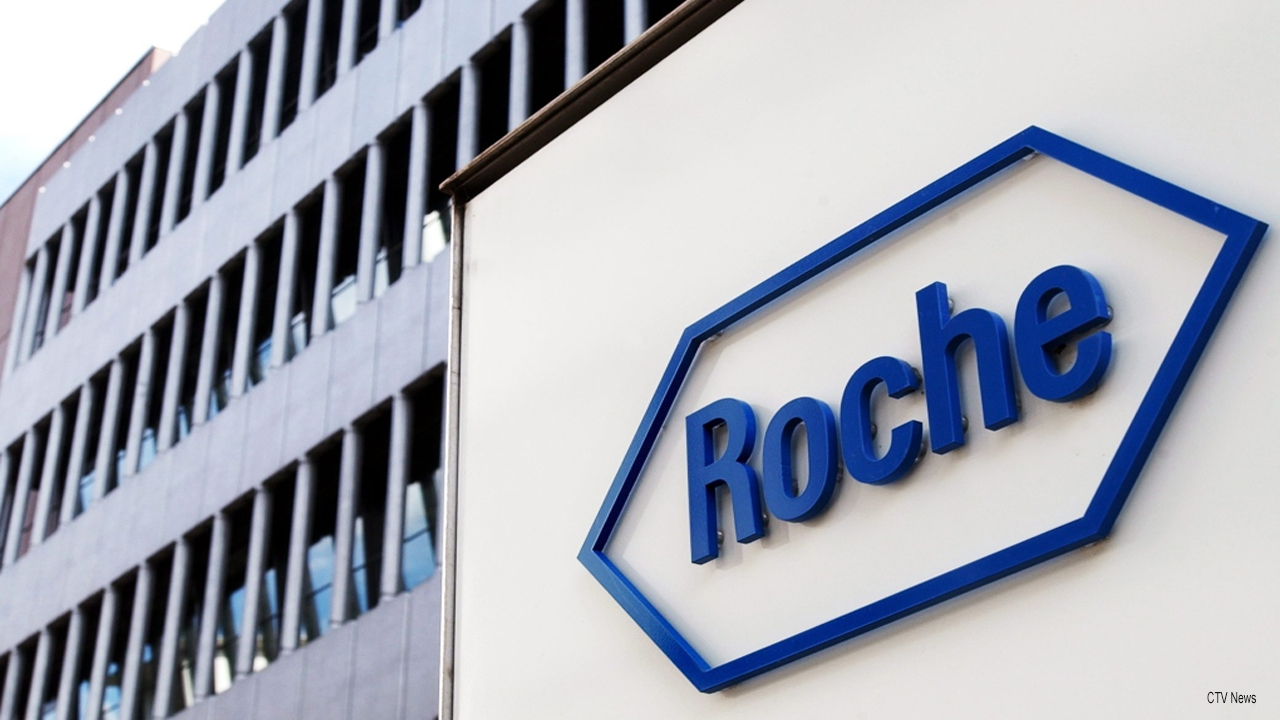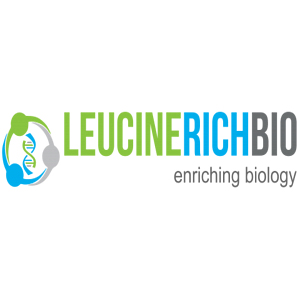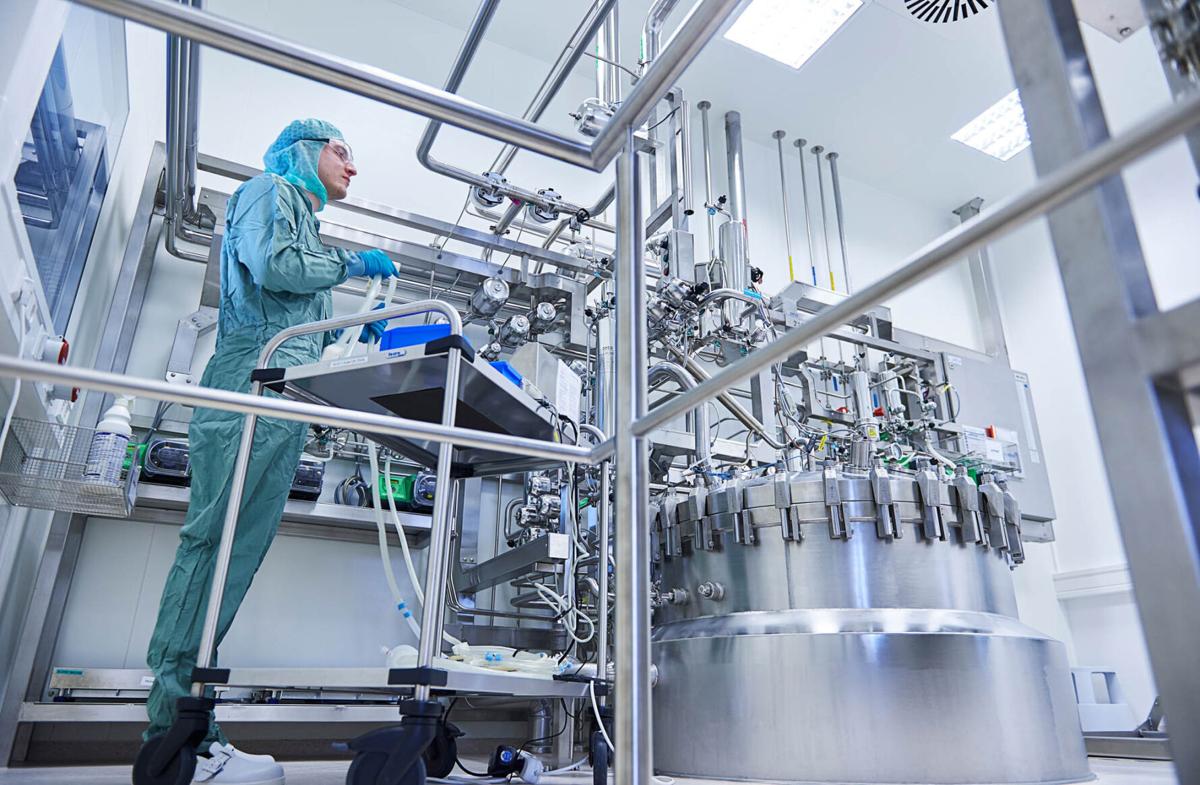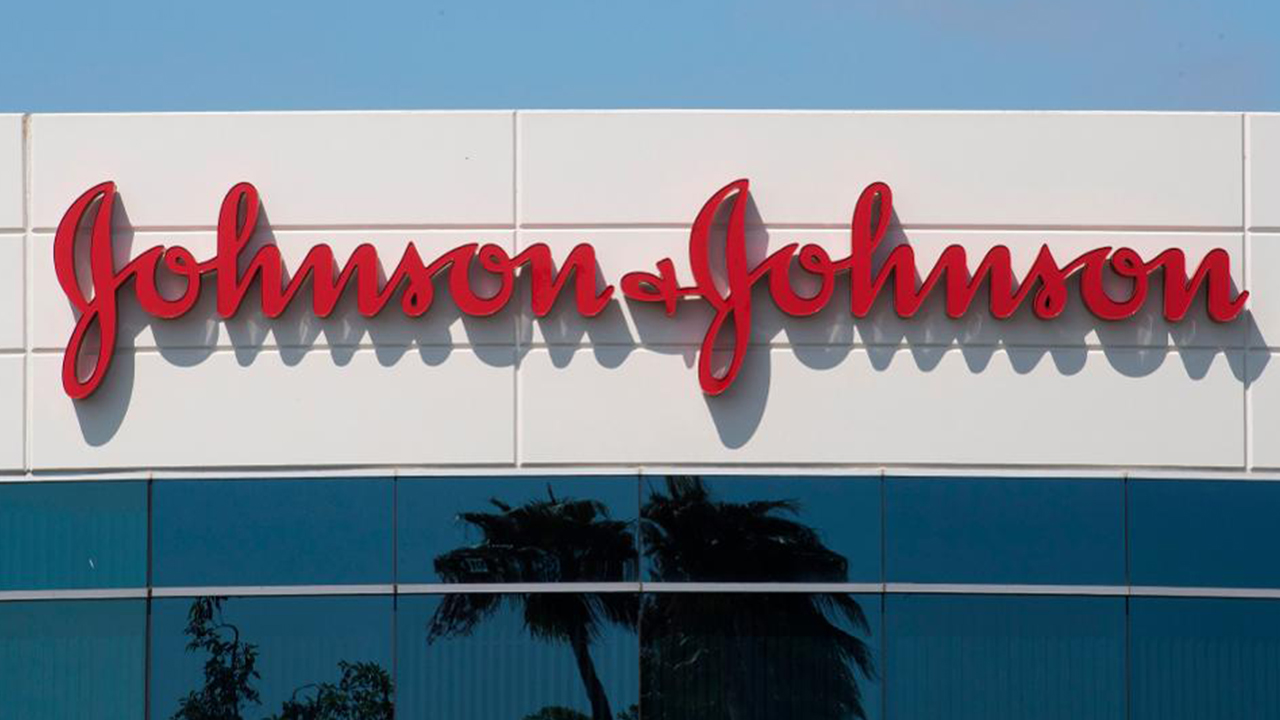Roche today announced a partnership with Moderna Inc. to utilize the Elecsys® Anti-SARS-CoV-2 S antibody test in Moderna’s mRNA-1273 vaccine research trials. This will facilitate the quantitative measurement of SARS-CoV-2 antibodies and help to establish a correlation between vaccine-induced protection and levels of anti-receptor binding domain (RBD) antibodies.
Significantly, Moderna’s vaccine triggers an antibody response specifically to the RBD of the SARS-CoV-2 spike protein. This follows the recent announcement that Roche has received Emergency Use Authorization (EUA) from the U.S. Food and Drug Administration (FDA) for the Elecsys® Anti-SARS-CoV-2 S antibody test.
“Roche values the collaboration with Moderna, which has already included the successful use of our qualitative Elecsys Anti-SARS-CoV-2 test, targeting the nucleocapsid protein, in an earlier part of the studies”, said Thomas Schinecker, CEO Roche Diagnostics. “We are pleased to see that our quantitative Elecsys SARS-CoV-2 S test, which targets the spike protein, is now also being used as part of the Moderna vaccine trials, which could ultimately help to end this pandemic.”
Measuring the quantitative levels of anti-RBD SARS-CoV-2 antibodies using Roche’s test will help Moderna to gain valuable insights into the correlation between protection from vaccination and antibody levels. This could play a role in assessing if, or when, an individual needs revaccination, or in helping to answer other clinically relevant questions.
To enhance our understanding of vaccines against SARS-CoV-2 there would be a benefit in knowing the starting levels of antibodies a person has, prior to vaccination, in order to evaluate any change in antibody levels that the vaccine induces. This is particularly relevant in the case of antibodies directed against the SARS-CoV-2 spike protein since these antibodies have been shown to have potent antiviral activity and correlate to potential immunity. Measuring antibody levels can also play a role in establishing vaccine efficacy in the prevention of infection and/or the development of severe COVID-19.
This partnership with Moderna, started by using the Elecsys Anti-SARS-CoV-2 test for qualitative determination of anti-N SARS-CoV-2 antibodies. This has been part of Moderna’s vaccine trials for baselining and assessing natural infection in trial participants.
About potential SARS-COV-2 vaccines
Candidate vaccines, such as Moderna’s mRNA-1237, aim to induce an antibody response against the SARS-CoV-2 spike protein. Any potential vaccine for SARS-CoV-2 would work (amongst other mechanisms) by triggering the immune response to develop neutralizing antibodies in the person receiving the vaccine. In doing so, the vaccine trains the body’s immune system to recognize and fight exposure to SARS-CoV-2, in a controlled way, without being exposed to the actual virus.2
About Elecsys Anti-SARS-CoV-2 S test
Elecsys® Anti-SARS-CoV-2 S is an immunoassay for the quantitative, in vitro determination of antibodies to SARS-CoV-2 in human serum and plasma. Through a blood sample, the test can measure the quantity of antibodies to the spike protein of the coronavirus. Specifically, the test targets antibodies which are directed against the particular region of the viral spike protein responsible for binding to the host cell receptor, which is required for the virus to enter the host cell.
The presence and level of such antibodies could signal whether a person has been already infected and potentially developed immunity to the virus.
This plays an important part in characterizing a vaccine-induced immune response.2 The majority of current candidate vaccines aim to induce an antibody response against the spike protein.
About Elecsys Anti-SARS-CoV-2 test
Elecsys Anti-SARS-CoV-2 is an immunoassay for the qualitative, in vitro detection of antibodies (including IgG) to SARS-CoV-2. The test can detect antibodies to the coronavirus, which could signal whether a person has been already infected and potentially developed immunity to the virus. This test can also help in the determination of seroprevalence (i.e. the frequency of individuals with antibody to the virus), in a given population, as well as a complementary test to Nucleic Acid Amplification Tests (NAAT) for the diagnosis of SARS-CoV-2 infection.
Hospitals and reference laboratories can run both the tests on Roche’s cobas e analyzers which are widely available around the world. These fully-automated systems can provide SARS-CoV-2 test results in approximately 18 minutes, with a test throughput of up to 300 tests/hour, depending on the analyzer.
About Roche’s response to the COVID-19 pandemic
As a leading healthcare company, we are doing all we can to support countries in minimizing the impact of COVID-19. We have developed a growing number of diagnostic solutions that help to detect and diagnose the infection in patients, as well as providing digital support to healthcare systems, and we continue to identify, develop and support potential therapies that can play a role in treating the disease.
We understand the impact of COVID-19 goes beyond those who contract it, which is why we are working with healthcare providers, laboratories, authorities, and organizations to help make sure that patients continue to receive the tests, treatment, and care they need during these challenging times. As we learn from the pandemic, we are partnering with governments and others to make healthcare stronger and more sustainable in the future.
Our diagnostics solutions:
Reliable, high-quality testing is essential to help healthcare systems overcome this pandemic. Our portfolio includes:
- a high-volume molecular test to detect SARS-CoV-2, the virus that causes COVID-19, (FDA Emergency Use Authorisation (EUA) and available in countries accepting the CE Mark)
- a SARS-CoV-2 laboratory-based antibody test, aimed at detecting the presence of antibodies in the blood targeting the nucleocapsid (FDA EUA and CE Mark)
- an IL-6 test to assist in identifying severe inflammatory response in patients with confirmed COVID-19 (FDA EUA and CE Mark)
- Roche v-TAC, which could help simplify the screening, diagnosis, and monitoring of patients with respiratory compromise in the current COVID-19 pandemic
- a SARS-CoV-2 rapid antibody test to help determine at the point of care whether a person has been exposed to the virus (CE Mark)
- a rapid antigen test to support the detection of SARS-CoV-2 at the point of care within 15 minutes (CE Mark)
- a high-volume molecular test to simultaneously detect and differentiate between SARS-CoV-2 and influenza A/B, as the symptoms are similar for both (FDA EUA and CE Mark)
- a second SARS-CoV-2 antibody test, aimed at measuring the spike protein to support vaccination development and complement our existing portfolio
- a point-of-care molecular PCR test that simultaneously detects and differentiates between SARS-CoV-2 and influenza A/B infections to support urgent triage and diagnosis (FDA EUA and CE Mark)
Our research into therapies:
Roche is committed to improving the treatment of COVID-19. We are actively involved in understanding the potential of our existing portfolio and are exploring the potential of our investigational molecules.
In August we signed a collaboration agreement with Regeneron on developing and manufacturing and significantly increasing the global supply of an investigational antibody combination for COVID-19 if it proves safe and effective in clinical trials and regulatory approvals are granted. We are also partnering with Atea to jointly develop AT-527, an orally administered direct-acting antiviral (DAA) currently in Phase 2 clinical trials. If approved, Atea will distribute AT-527 in the United States and Roche will be responsible for global manufacturing and distribution outside the United States.
At the beginning of the pandemic, on 19 March on 19 March, we announced the initiation of COVACTA - a global Phase III randomized, double-blind, placebo-controlled clinical trial to evaluate the safety and efficacy of intravenous Actemra©/RoActemra© (tocilizumab) plus standard of care in hospitalized adult patients with severe COVID-19 pneumonia compared to placebo plus standard of care. On 29 July we announced that COVACTA did not meet its primary endpoint of improved clinical status in patients with COVID-19 associated pneumonia or the key secondary endpoint of reduced mortality.
Separately, we have studied Actemra©/RoActemra© in the EMPACTA study in COVID-19 associated hospitalized pneumonia in patients that are often underrepresented in clinical trials. On 18 September we announced that the phase III EMPACTA study showed Actemra/RoActemra plus standard of care reduced the likelihood of progression to mechanical ventilation or death in hospitalized patients with COVID-19 associated pneumonia compared to placebo plus standard of care. However, there was no statistical difference in mortality between patients who received Actemra/RoActemra or placebo.
Actemra©/RoActemra© is also being studied in combination with the investigational antiviral remdesivir in hospitalized patients with severe COVID-19 pneumonia in the REMDACTA trial in partnership with Gilead, announced 28 May. Actemra©/RoActemra© is not approved by any health authority for use in COVID-19 pneumonia. Roche has further initiated an internal early research program focused on the development of medicines for COVID-19 and is engaged in multiple research collaborations.
In these exceptional times, Roche stands together with governments, healthcare providers, and all those working to overcome the pandemic.
About Roche
Roche is a global pioneer in pharmaceuticals and diagnostics focused on advancing science to improve people’s lives. The combined strengths of pharmaceuticals and diagnostics under one roof have made Roche the leader in personalized healthcare – a strategy that aims to fit the right treatment to each patient in the best way possible.
Roche is the world’s largest biotech company, with truly differentiated medicines in oncology, immunology, infectious diseases, ophthalmology, and diseases of the central nervous system. Roche is also the world leader in in-vitro diagnostics and tissue-based cancer diagnostics, and a frontrunner in diabetes management.
Founded in 1896, Roche continues to search for better ways to prevent, diagnose, and treat diseases and make a sustainable contribution to society. The company also aims to improve patient access to medical innovations by working with all relevant stakeholders. More than thirty medicines developed by Roche are included in the World Health Organization Model Lists of Essential Medicines, among them life-saving antibiotics, antimalarials, and cancer medicines.
Moreover, for the twelfth consecutive year, Roche has been recognized as one of the most sustainable companies in the Pharmaceuticals Industry by the Dow Jones Sustainability Indices (DJSI).
The Roche Group, headquartered in Basel, Switzerland, is active in over 100 countries and in 2019 employed about 98,000 people worldwide. In 2019, Roche invested CHF 11.7 billion in R&D and posted sales of CHF 61.5 billion. Genentech, in the United States, is a wholly-owned member of the Roche Group. Roche is the majority shareholder in Chugai Pharmaceutical, Japan.

 Roche today announced a partnership with Moderna Inc. to utilize the Elecsys® Anti-SARS-CoV-2 S antibody test in Moderna’s mRNA-1273 vaccine research trials.
Roche today announced a partnership with Moderna Inc. to utilize the Elecsys® Anti-SARS-CoV-2 S antibody test in Moderna’s mRNA-1273 vaccine research trials. 



















.jpeg)


.jpeg)



.jpeg)
.jpeg)






.jpeg)





